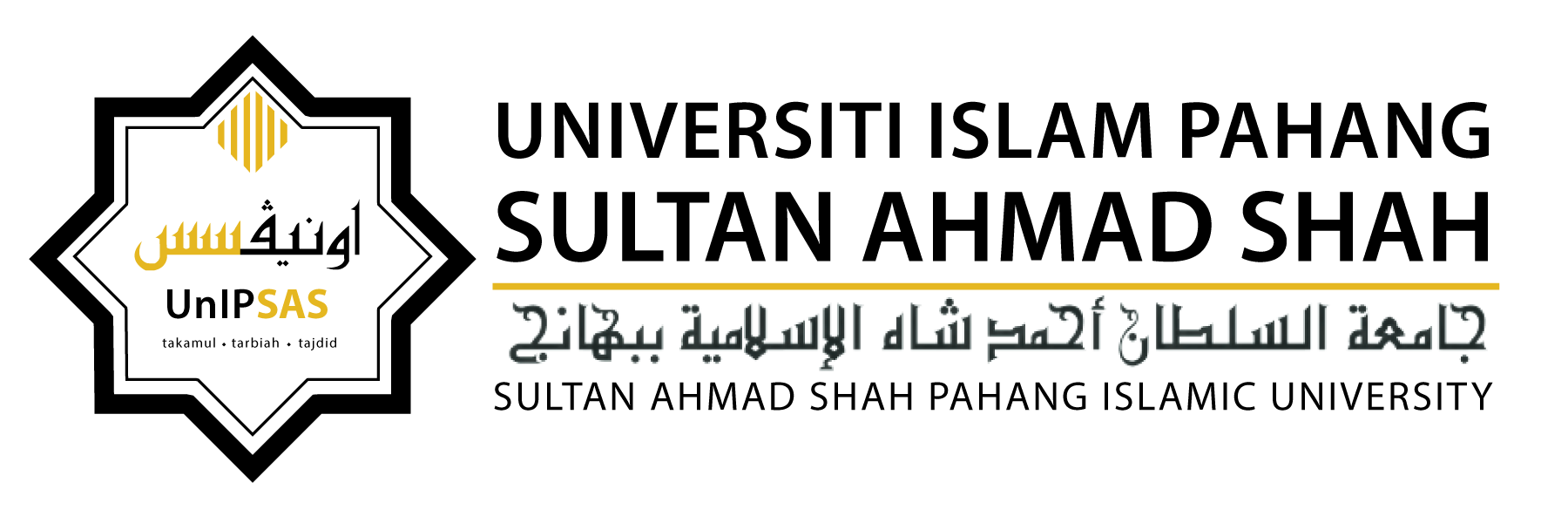THE ASSOCIATION BETWEEN ISLAMIC BELIEF AND MENTAL HEALTH STATUS AMONG NURSES IN SULTAN AHMAD SHAH MEDICAL CENTRE (SASMEC)
DOI:
https://doi.org/10.64398/alsirat.v22i1.255Keywords:
Islamic belief, mental health, nursing, stress, depression, and anxietyAbstract
Introduction: While religion was used to describe a superhuman power that demands people act in a certain way to prevent a disastrous outcome, mental health was a widespread concern that most people accepted. Nurses are one of the fastest-growing professionals needed in most countries, but nurses must carry a workload burden because of the demand and pressure that can affect their mental health. However, Islamic belief can be one of the coping mechanisms for mental health. Objective: This study explores the association of Islamic beliefs that will be measured by religious attitude and their impact on mental health. Methodology: This study was a cross-sectional study designed to explore the association between Islamic belief and mental health using convenience sampling among 260 nurses at SASMEC. The respondents were personally invited to complete a set of questionnaires containing three parts: sociodemographic data, Islamic beliefs, and mental health status. Results: Most of the participants had normal mental health, based on the mean (SD) score of 4.62 (3.40) for stress, 3.36 (3.64) for anxiety, and 2.69 (3.27) for depression. Most nurses had a solid Islamic belief, with a mean (SD) score of 47.9 (5.03). The Pearson correlation test revealed a significant negative correlation between Islamic belief and mental health status (r = -0.232, p < 0.01). Conclusion: When there is a strong religious tradition at work, it may be easier to manage the nurses' mental health. Ultimately, a healthy mental being of the nurses may enhance the standard of nursing care provided to the patients.
Downloads
Published
How to Cite
Issue
Section
License

This work is licensed under a Creative Commons Attribution-NonCommercial 4.0 International License.






